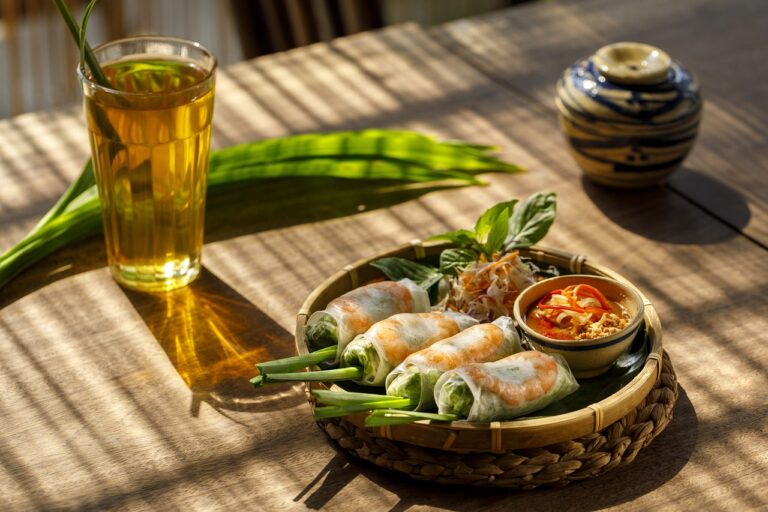The Impact of Food Industry on Sustainable Tourism: Supporting Local Food Systems and Cultural Preservation
In the food industry, mass production poses several challenges that can impact the quality and safety of the food being produced. One major issue is the potential for cross-contamination in large-scale facilities, increasing the risk of foodborne illnesses. Additionally, uniformity in mass-produced food products can lead to a lack of diversity and choices for consumers, limiting access to unique and locally-sourced options.
Moreover, the reliance on mass production often requires the use of chemical additives and preservatives to prolong shelf life and maintain consistency in products. This can compromise the nutritional value of the food and raise concerns about the long-term health effects of consuming processed foods. Additionally, the environmental impact of mass production, including excessive use of resources and generation of large amounts of food waste, further exacerbates the challenges faced by the food industry.
Benefits of Promoting Local Food Systems in Tourism
Promoting local food systems in tourism not only supports the local economy but also offers visitors a genuine taste of the region’s culture. By highlighting local ingredients and traditional recipes, tourists have the opportunity to immerse themselves in the authentic flavors of the destination, creating a memorable and enriching experience.
Furthermore, promoting local food systems in tourism fosters a sense of environmental sustainability by reducing the carbon footprint associated with importing food from distant locations. This practice also encourages the preservation of local agricultural practices and indigenous culinary traditions, ensuring that future generations can continue to enjoy and celebrate the unique gastronomy of the region.
• By promoting local food systems in tourism, travelers can directly support small-scale farmers and producers, helping to strengthen the local economy and create jobs within the community.
• Local food systems also contribute to a more resilient and secure food supply chain, reducing dependency on imported goods and ensuring that communities have access to fresh, nutritious foods year-round.
• Emphasizing local ingredients in culinary offerings can enhance the overall quality of dishes served to tourists, as fresher produce tends to be more flavorful and nutrient-rich compared to products that have been shipped long distances.
• In addition, promoting local food systems can help educate visitors about sustainable farming practices and the importance of preserving biodiversity in agriculture, fostering a greater appreciation for where their food comes from.
Preserving Culinary Traditions in Sustainable Tourism
Sustainable tourism plays a crucial role in preserving culinary traditions around the world. By promoting and showcasing local dishes, ingredients, and cooking techniques, travelers are given the opportunity to learn about and appreciate the rich history and culture behind each dish. This helps in keeping traditional culinary practices alive and ensures that they are not lost in the face of globalization.
Additionally, by incorporating traditional cuisine into the tourism industry, local communities benefit economically as well. Small-scale producers, farmers, and artisans are able to showcase their products to a wider audience, leading to increased sales and business opportunities. This economic boost helps in the preservation of culinary traditions by providing a sustainable income for those involved in the food industry.
Why is it important to preserve culinary traditions in sustainable tourism?
Preserving culinary traditions helps to maintain cultural heritage, promote local economies, and provide authentic experiences for tourists.
How can mass production in the food industry impact culinary traditions?
Mass production often leads to the standardization of food, which can result in the loss of unique flavors and traditional cooking methods.
What are some benefits of promoting local food systems in tourism?
Promoting local food systems supports small-scale farmers and producers, reduces carbon footprint from transportation, and allows visitors to taste fresh, seasonal ingredients.
How can sustainable tourism contribute to preserving culinary traditions?
Sustainable tourism encourages responsible travel practices that prioritize cultural preservation, environmental conservation, and support for local communities, including their culinary traditions.






